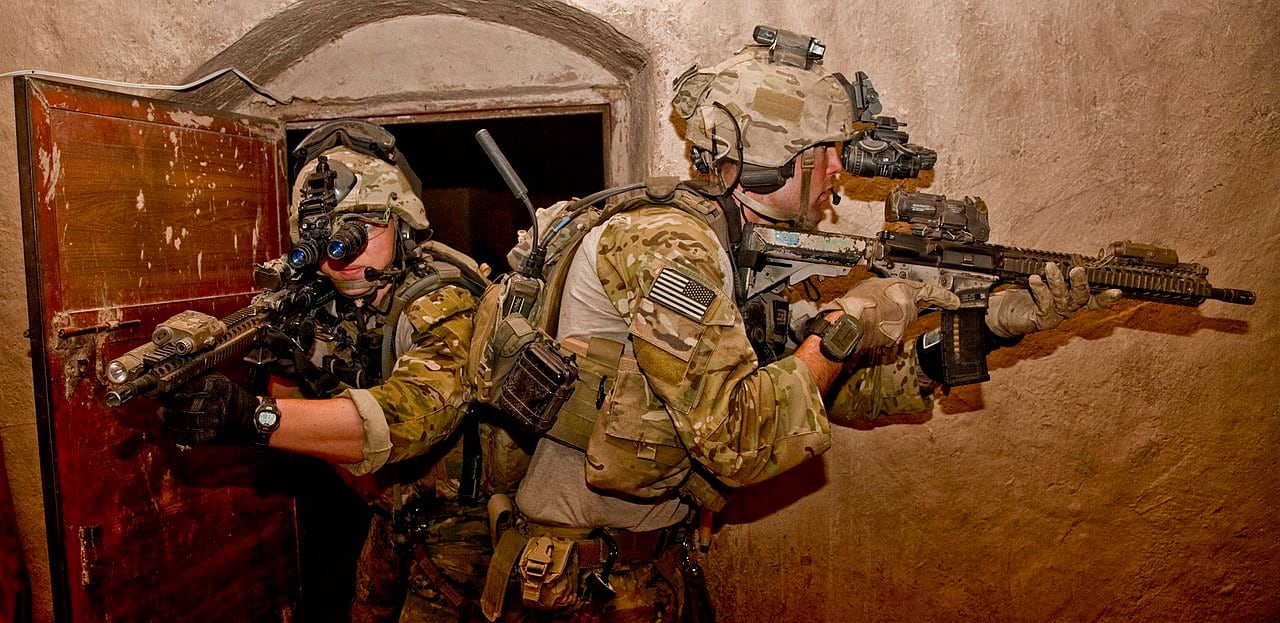The top U.S. military leader on Friday pushed back against recent reports and criticisms that American military and government leaders deceived the public about the state of the war in Afghanistan.
“I don’t think anyone has died in vain,” Army Gen. Mark Milley, the Joint Chiefs Chairman said Friday.
“I could not look myself in the mirror. I couldn’t answer myself at two to three in the morning when my eyes pop open and see the dead roll in front of my eyes," Milley said during a press briefing at the Pentagon.
On Dec. 9, the Washington Post published a bombshell story of comments made by U.S. officials as part of a project led by John Sopko known as “Lesson Learned” about the war in Afghanistan, which revealed that American officials often pushed publicly rosy assessments and misleading statistics to drum up political support for the conflict.
Sopko is the lead inspector general for a government watchdog group covering the conflict in Afghanistan. He told the Post that “the American people have constantly been lied to” about the state and progress of the conflict.
RELATED

Milley said claims that there’s been some kind of “coordinated lie” over the last 18 years about the state of the war in Afghanistan is a “mischaracterization."
With hundreds of diplomats, military officials and intelligence folks “you can’t get that level of coordination” to carry out that kind of “deception," Milley said.
The top American military commander told reporters that during his time in Afghanistan he gave “honest assessments” on the facts at the time.
Secretary of Defense Mark Esper echoed Milley’s sentiments.
“It’s not like this war was hiding somewhere," Esper said.
The “insinuation that there’s been this large scale conspiracy is to me just ridiculous,” Esper said Friday.
The documents obtained by the Washington Post have been compared by some to the Pentagon Papers — the DoD’s secret history of the Vietnam war that was leaked by Daniel Ellsberg to the New York Times in 1971.
Those documents revealed that the U.S. had expanded the scope of operations in Vietnam and that American officials lied about the conduct and success of the war.
Milley told reporters Friday that he believed the documents and comments obtained by the Washington Post about Afghanistan were “fundamentally” different in size and scope than the Pentagon Papers.
The Pentagon Papers were written in “advance of decision making,” Milley said, while the Afghanistan documents are “post facto interviews” about lessons learned.
The Joint Chiefs chairmen explained to reporters that for years American officials have said that there was no “rational” or “reasonable” chance of a military victory against the Taliban akin to the Japanese surrender in World War II.
The war in Afghanistan, Milley said, was still in a “strategic stalemate” where neither the Taliban nor the Afghan government can military defeat the other on the battlefield.
The war will only end through an Afghan to Afghan settled peace agreement with the Taliban, Milley said Friday.
“History will continue to evaluate” the war in Afghanistan, Esper said.
The U.S. is still amid peace talks with the Taliban.
RELATED

There are currently about 13,000 U.S. troops deployed to Afghanistan. During a Monday visit to Kabul, Sen. Lindsey Graham, a Republican from South Carolina, said President Donald Trump may soon announce a decision to reduce the American footprint in Afghanistan to as low as 8,600 troops.
Esper told reporters Monday that he has not yet issued any orders to withdraw U.S. forces from Afghanistan, but he explained that a reduced footprint with or without a settled peace agreement with the Taliban was still a possibility.
Esper said Monday he would like to reduce the footprint in Afghanistan and redeploy those forces to the Indo-Pacific to confront China.
Shawn Snow is the senior reporter for Marine Corps Times and a Marine Corps veteran.





